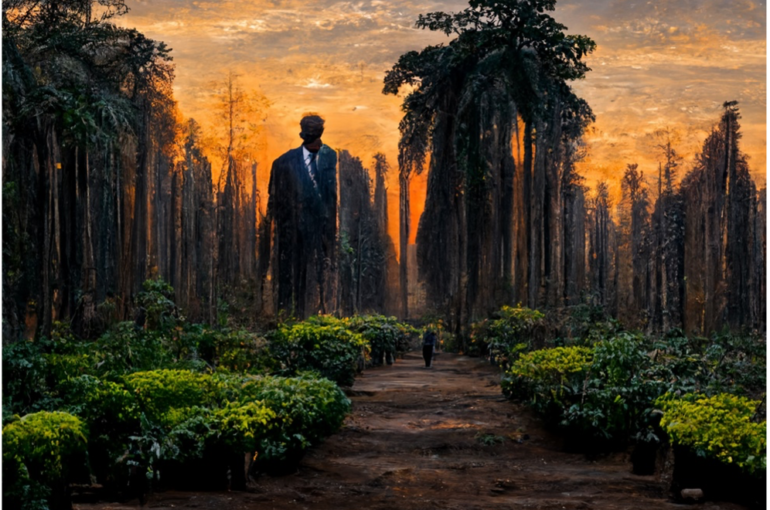Standing tall, Cap in hand
With growing pressure on developing economies to align behind a global climate deal they’ve had little input into, Africa’s foreign policy game is finally showing up.
Nigeria – through Vice-President, Yemi Osinbajo – is playing its role as big brother. In his letter to the Economist, Osinbajo declares, “despite the tremendous energy gaps, global policies are increasingly constraining Africa’s energy technology choices.”
The aim is clear – secure a new climate deal that enables Africa’s industrialisation and socio-economic aspirations.
What might this new deal look like?
‘Debt for climate swaps’ is the term making the rounds. Essentially this would see participating nations receive debt forgiveness in return for committing those would-be repayments to emission mitigating public investments, in agreed deal terms.
The idea behind it is quite sound – Divot Singh and Vikram Widge’s paper on Debt for Climate Swaps tells us that, debt burdens will see low-income and emerging countries deprioritise investments in both growth and achieving climate goals. As such, the world needs to find a way to lock those countries in.
Can such a deal work and deliver value to participating developing economies? This is the big question. Especially if such a deal comes with restrictive terms regarding access to technology and funding? China is also a factor. A big factor.
Restating its commitment to achieving carbon neutrality at COP27, China called for climate aid for developing countries.
“I hope the conference this time will meet the demands of developing countries as much as possible as it is held in Egypt, a developing country,” said Xie Zhenhua, China’s top envoy for climate change at COP27.
You can watch a video about, or download a copy of, the World Bank’s Country Climate and Development Report on China here.



